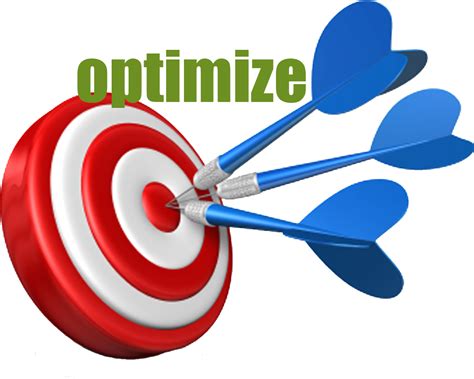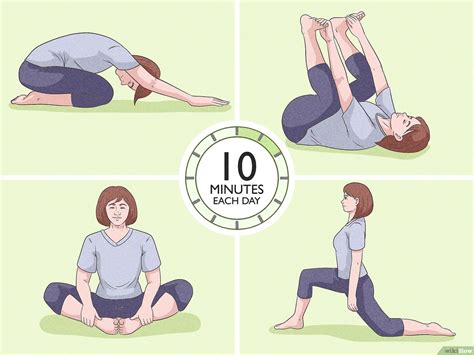Optimize post-workout recovery for peak performance & muscle growth?

Achieving peak physical performance and fostering significant muscle growth isn’t solely about the intensity of your workouts; it’s equally, if not more, about what you do once the last rep is completed. Post-workout recovery is the unsung hero of your fitness journey, a critical phase where your body repairs, rebuilds, and adapts to the stress you’ve placed upon it. Neglecting this crucial period can hinder progress, increase injury risk, and leave you feeling perpetually fatigued. Understanding and optimizing your recovery strategies is the key to unlocking your full potential.
The Pillars of Effective Post-Workout Nutrition
Immediately after a strenuous workout, your muscles are in a state of repair, requiring essential nutrients to kickstart the rebuilding process. The immediate post-workout window is crucial for replenishing glycogen stores and providing the building blocks for muscle protein synthesis. Prioritize a combination of high-quality protein and easily digestible carbohydrates. Protein, rich in amino acids, acts as the raw material for muscle repair and growth, while carbohydrates are vital for restoring depleted muscle glycogen, fueling your next session, and preventing muscle breakdown. Aim for a protein intake of 20-40 grams and carbohydrate intake of 0.8-1.2 grams per kilogram of body weight within an hour or two post-exercise.

Hydration: More Than Just Thirst Quenching
Throughout your workout, your body loses significant fluids and electrolytes through sweat. Dehydration can severely impair recovery, reduce performance, and lead to fatigue and muscle cramps. It’s essential to rehydrate thoroughly after your training session. Don’t just drink when you feel thirsty; consciously replenish fluids throughout the day and especially after exercise. Water is fundamental, but for longer or more intense workouts, consider electrolyte-rich beverages to restore crucial minerals like sodium, potassium, and magnesium. Monitoring your urine color can be a simple indicator of your hydration status – aim for a pale yellow.

The Power of Sleep and Rest
While nutrition and hydration are critical, true recovery often happens when you’re completely at rest, particularly during sleep. Sleep is when your body releases growth hormone, essential for muscle repair, tissue regeneration, and fat metabolism. It’s also a time for your central nervous system to recover from the demands of training. Chronic sleep deprivation can elevate cortisol levels (a stress hormone), which can hinder muscle growth and impair recovery. Aim for 7-9 hours of quality sleep per night to maximize your body’s natural restorative processes. Establishing a consistent sleep schedule and creating a conducive sleep environment can significantly enhance your recovery efforts.

Active Recovery and Mobility Work
While complete rest has its place, active recovery involves low-intensity exercise that promotes blood flow without adding significant stress. Activities like light cycling, walking, swimming, or yoga can help reduce muscle soreness, improve circulation, and aid in flushing out metabolic byproducts. Incorporating mobility work, such as stretching, foam rolling, or dynamic warm-ups, can also improve flexibility, range of motion, and help prevent stiffness. This gentle movement can be incredibly beneficial in keeping your joints healthy and your muscles pliable, preparing them for the next strenuous session.

Mindset and Stress Management
The impact of mental stress on physical recovery is often underestimated. High levels of stress can elevate cortisol, suppress the immune system, and disrupt sleep patterns, all of which impede your body’s ability to recover effectively. Incorporating stress-reducing practices into your daily routine, such as meditation, deep breathing exercises, spending time in nature, or engaging in hobbies, can significantly enhance your overall recovery. A calm mind supports a resilient body, allowing it to adapt and grow more efficiently.

Optimizing post-workout recovery is not merely an optional add-on; it’s an integral component of any serious fitness regimen. By strategically addressing nutrition, hydration, sleep, active recovery, and stress management, you provide your body with the ideal environment to repair, adapt, and grow stronger. Embrace these recovery strategies as fundamental tools for continuous improvement, and you’ll not only enhance your performance and muscle growth but also foster a more sustainable and enjoyable fitness journey.









